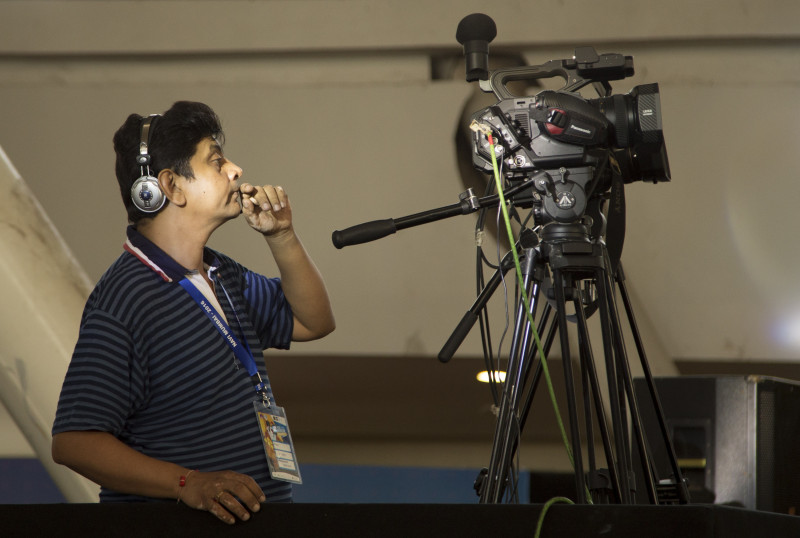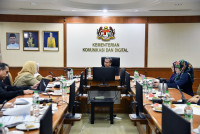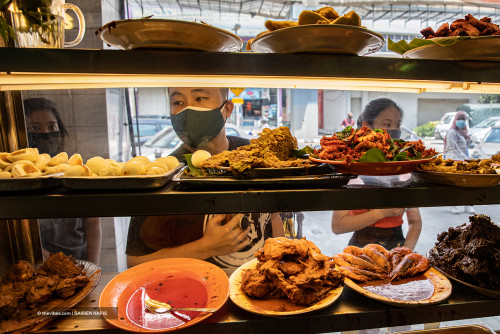AS a result of the epidemic-related closure of theatres and other exhibition spaces, creative performers and employees were compelled to either become unemployed or relocate their businesses online.
Individual creativity and talent are at the root of the creative economy. These could include film, radio, and video blogging, as well as arts and crafts, theatre, dance, music, and visual arts, among others. The advent of digital technology in the twenty-first century has massively reshaped the sector.
Some of the changes that have been going on in the sector have been expedited by the pandemic. These include a shift to digital platforms and a larger role for independent content producers, which may obfuscate the distinction between creators and consumers of creative goods and services.
Moving their talents online during the lockdowns necessitated those creative professionals to quickly acquire new digital skills. During the pandemic, most people had to stay inside, so they had little choice but to sit on their couches and watch their favourite shows and movies that were available through OTT platforms or TV channels.
Viewership of online streaming services grew enormously as a result. However, many creative individuals and businesses, especially those unable to transfer their skills online, were severely impacted.
A solo guitarist or a stand-up comedian, for instance, can move their activities online, but musicians who work in the film industry cannot because their kind of employment requires physical gatherings, which were prohibited during the pandemic.
Vloggers in the travel and food industries saw more people watch their videos on YouTube. However, travel restrictions made it hard for them to come up with new content.
According to one report, the industry contracted by US$750 billion (RM3.3 trillion) and caused the loss of 10 million jobs worldwide.
As the pandemic declines, normalcy is returning to society. The filming has begun, and so have the showings in theatres. After overcoming a challenging period during the epidemic, the creative economy has a dire need for institutional support.
In addition to boosting the economy, the cultural and creative sectors play an important role in fortifying our Asean identity. As a result, more people are becoming aware of and interested in Asean’s rich history and culture.
To flourish in Asean nations, the cultural and creative industries require policies, investment objectives, and strategic alliances. An inclusive arts and culture blueprint, investments in both people and technology, and collective governance are necessary to maximise the sector's potential.
Additionally, to sustain business cash flow, financial assistance must be provided to SMEs and creative entrepreneurs affected by the Covid-19 epidemic, such as long-term loan programmes with lower interest rates.
An exclusive centre for the creative industries has been proposed by Cambodia, which is currently the Asean Ministers Responsible for Culture and the Arts chair. Building capacities and skills, such as business planning, marketing, and understanding of financing choices, that can improve the outcomes of the creative industries and creating an alliance among Asean’s creative industries are some of this centre’s goals.
The intersection of creativity, culture, economics, and technology may generate income, jobs, and exports while fostering social inclusion, cultural variety, and human growth.
For the creative industries, accelerated digital adoption during the epidemic brings both opportunities and issues. E-commerce and the usage of digital platforms can help creative industries expand their markets and strengthen their connections.
Digitalisation is crucial for creating unique products and services and for carrying out original ideas and methods of delivery, in addition to connecting people and marketplaces.
E-commerce has the potential to lower start-up costs for creative sector SMEs and lower production expenses. By using market-ready or adaptable templates that can be found online, e-commerce can be easily implemented. Because of this digital accessibility, SMEs may be able to create an online presence swiftly and inexpensively and reach a larger market.
The risk of piracy and speedy replication by others exists, especially if the industry’s intellectual property rights are not protected, given that the products and services it produces are based on creativity.
Creativity is a growing emphasis in education, and the technical skills needed to support the creative economy are in demand.
The delivery and consumption of creative services will be enhanced and automated by new innovations that will gain pace in the coming years. Artificial intelligence, augmented reality, and other immersive audience engagement tools will be the driving force behind future innovation and economic development.
Fast recovery from the epidemic necessitates a vibrant and healthy creative sector, which is critical for economic diversity, productivity, and long-term success. – The Vibes, June 28, 2022
Sameer Kumar is an associate professor at Universiti Malaya’s Asia-Europe Institute





















